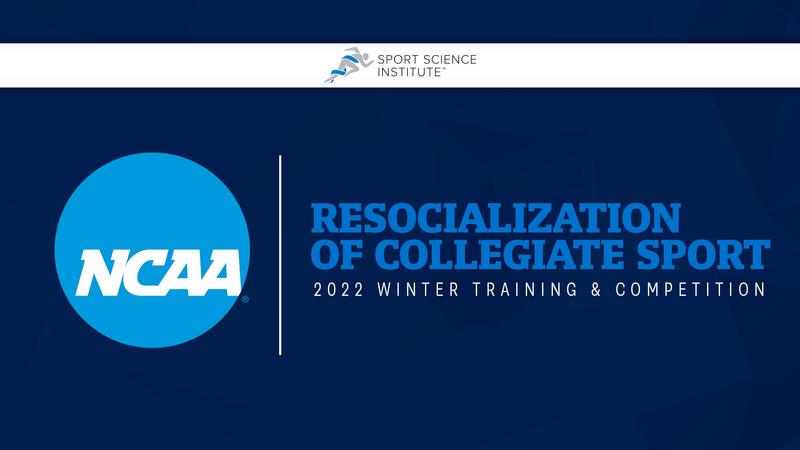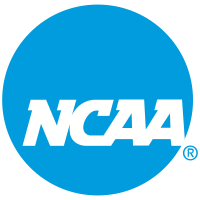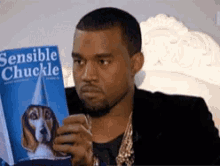Don't turn this thread into a shitshow.

 www.ncaa.org
www.ncaa.org
The NCAA has released updated guidance for winter sports competing during the COVID-19 pandemic. The 2022 Winter Training and Competition document follows recent updates by the Centers for Disease Control and Prevention, including recommendations for quarantine and isolation. The updated guidance addresses broad considerations that differentiate COVID-19 management in Tier 1 individuals based on vaccination and other immunity considerations.
For purposes of the winter guidelines, the NCAA COVID-19 Medical Advisory Group has developed a definition of "fully vaccinated" that considers both vaccination status and other immunity factors that may impact risks for Tier 1 individuals, including student-athletes and coaches. Those considered fully vaccinated include people:
COVID-19 management considerations suggest five days of quarantine after a positive test with isolation ending after five days if there are no symptoms or symptoms are resolving. Considerations also include masking around others for five additional days. Participation in athletic activities without a mask during days six through 10 can be considered following a negative PCR/NAAT test or antigen test.
The updated guidance also extends to close contacts. Those who are not fully vaccinated should quarantine at home for five days with no participation in athletic activities, followed by masking for five additional days. Participation in athletic activities without a mask can be considered during days six through 10 following a negative PCR/NAAT test or antigen test.
Close contacts who are considered fully vaccinated or who have had a recent infection do not need to quarantine but should wear a mask around others socially for 10 days when not actively training/competing. Athletic activities are permitted without a mask. Individuals should test on day five, if possible, and test if symptomatic.
"The omicron variant has presented another surge of cases across the country," NCAA Chief Medical Officer Brian Hainline said. "This guidance was designed to align with the latest public health directives. Given how the pandemic continues to evolve, it's important that staff on member campuses continue to work with their local and state health officials on protocols most suitable for their locations."
The guidelines are for Tier 1 individuals and include other recommendations that carry over from the fall for testing and other athletic and nonathletic activities. As previously defined, Tier 1 individuals are those with the highest exposure (for example, student-athletes, coaches, athletic trainers, physical therapists, medical staff, equipment staff and officials).
The NCAA guidance was developed in consultation with the NCAA COVID-19 Medical Advisory Group, American Medical Society for Sports Medicine Working Group and Autonomy 5 Medical Advisory Group and takes into consideration available recommendations from the CDC. It is intended to be consistent with guidance published by the federal government and its health agencies and to reflect the relevant scientific and medical information available at the time of print. The guidance remains subject to revision as available data continues to emerge and evolve.
For more on college sports and COVID-19, visit ncaa.org/covid-19.

NCAA releasees updated COVID-19 guidance for winter sports - NCAA.org
The NCAA has released updated guidance for winter sports competing during the COVID-19 pandemic. The 2022 Winter Training and Competition document follows recent
 www.ncaa.org
www.ncaa.org
The NCAA has released updated guidance for winter sports competing during the COVID-19 pandemic. The 2022 Winter Training and Competition document follows recent updates by the Centers for Disease Control and Prevention, including recommendations for quarantine and isolation. The updated guidance addresses broad considerations that differentiate COVID-19 management in Tier 1 individuals based on vaccination and other immunity considerations.
For purposes of the winter guidelines, the NCAA COVID-19 Medical Advisory Group has developed a definition of "fully vaccinated" that considers both vaccination status and other immunity factors that may impact risks for Tier 1 individuals, including student-athletes and coaches. Those considered fully vaccinated include people:
- Within two months of having completed the primary series of the Johnson & Johnson vaccine (one dose).
- Within five months of having completed the primary series of the mRNA Pfizer vaccine, or within six months of having completed the primary series of the mRNA Moderna vaccine (two doses for both).
- Who have received a booster vaccine if they are beyond two months of the Johnson & Johnson vaccine or beyond five or six months of the mRNA Pfizer or Moderna vaccine, respectively.
COVID-19 management considerations suggest five days of quarantine after a positive test with isolation ending after five days if there are no symptoms or symptoms are resolving. Considerations also include masking around others for five additional days. Participation in athletic activities without a mask during days six through 10 can be considered following a negative PCR/NAAT test or antigen test.
The updated guidance also extends to close contacts. Those who are not fully vaccinated should quarantine at home for five days with no participation in athletic activities, followed by masking for five additional days. Participation in athletic activities without a mask can be considered during days six through 10 following a negative PCR/NAAT test or antigen test.
Close contacts who are considered fully vaccinated or who have had a recent infection do not need to quarantine but should wear a mask around others socially for 10 days when not actively training/competing. Athletic activities are permitted without a mask. Individuals should test on day five, if possible, and test if symptomatic.
"The omicron variant has presented another surge of cases across the country," NCAA Chief Medical Officer Brian Hainline said. "This guidance was designed to align with the latest public health directives. Given how the pandemic continues to evolve, it's important that staff on member campuses continue to work with their local and state health officials on protocols most suitable for their locations."
The guidelines are for Tier 1 individuals and include other recommendations that carry over from the fall for testing and other athletic and nonathletic activities. As previously defined, Tier 1 individuals are those with the highest exposure (for example, student-athletes, coaches, athletic trainers, physical therapists, medical staff, equipment staff and officials).
The NCAA guidance was developed in consultation with the NCAA COVID-19 Medical Advisory Group, American Medical Society for Sports Medicine Working Group and Autonomy 5 Medical Advisory Group and takes into consideration available recommendations from the CDC. It is intended to be consistent with guidance published by the federal government and its health agencies and to reflect the relevant scientific and medical information available at the time of print. The guidance remains subject to revision as available data continues to emerge and evolve.
For more on college sports and COVID-19, visit ncaa.org/covid-19.

